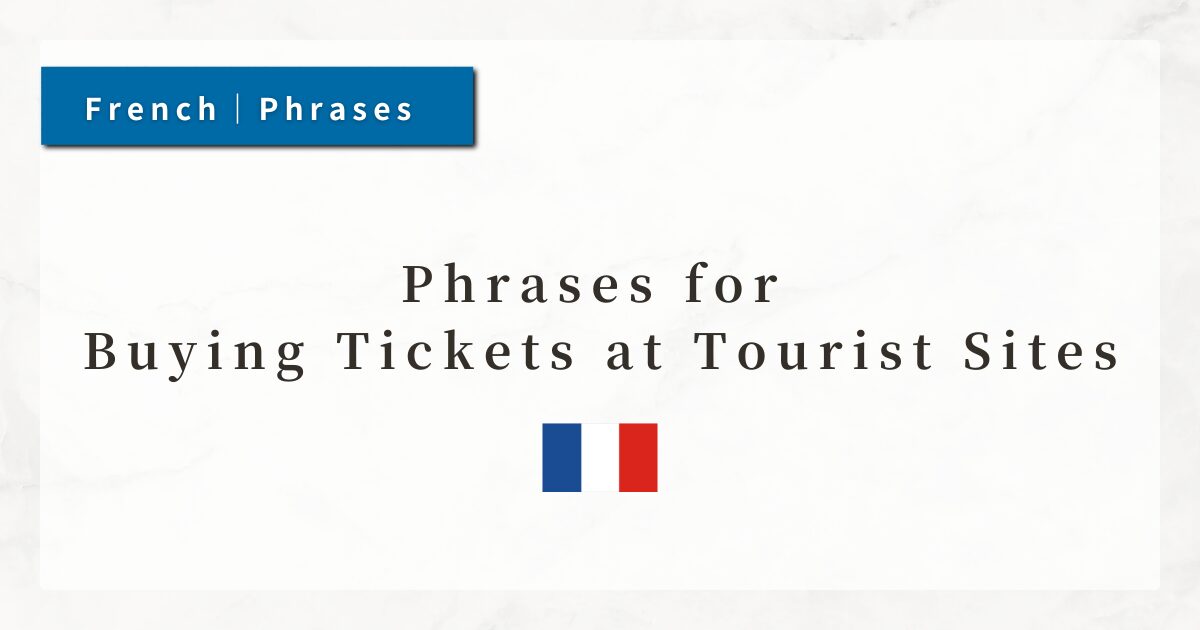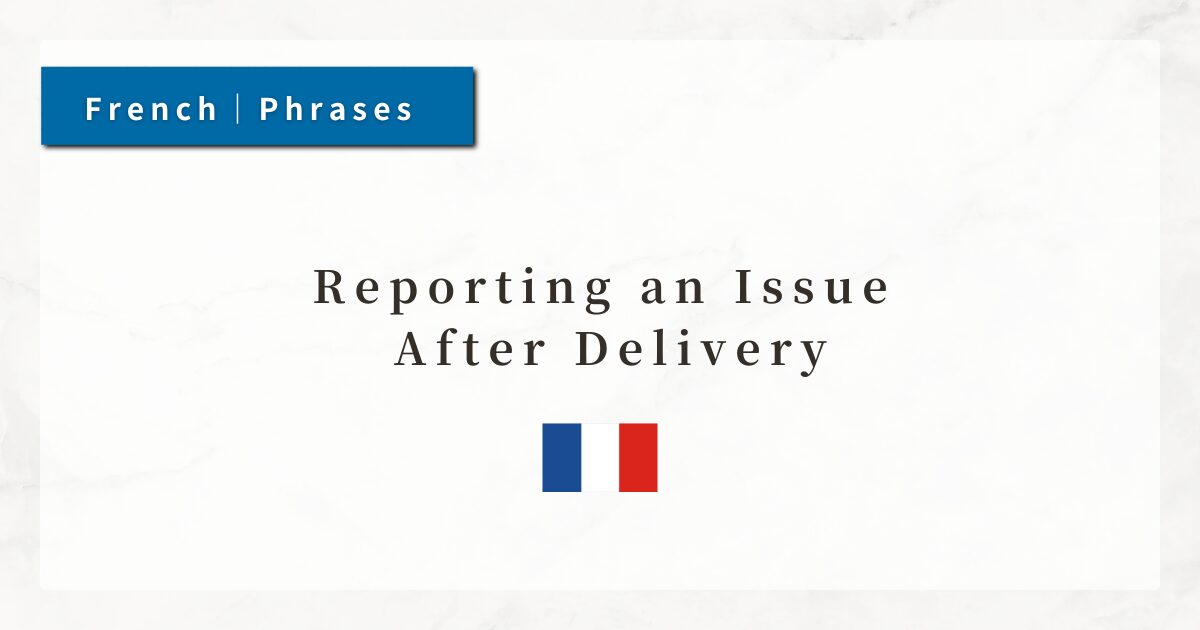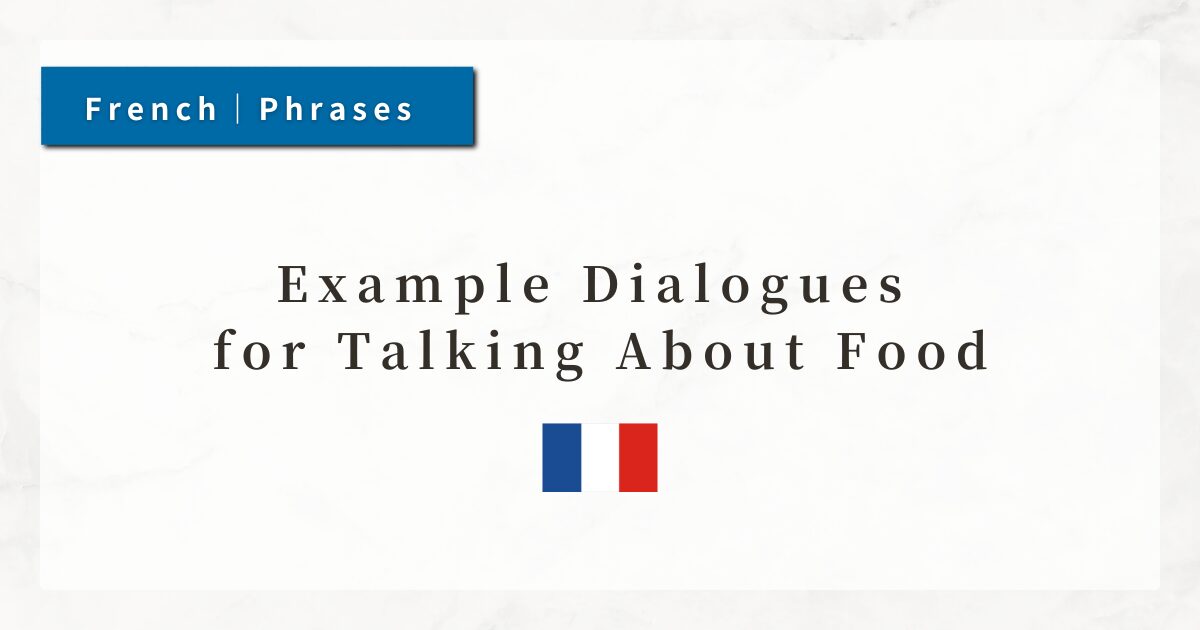#14 Phrases for Buying Tickets at Tourist Sites|French Travel Conversation

France offers countless fascinating tourist attractions such as the Louvre Museum in Paris and the Palace of Versailles.
When visiting these places, purchasing an entry ticket is essential.
In this lesson, we will learn useful French expressions for common situations at the ticket counter: stating the number of tickets, asking about discounts, and confirming entry times.
Dialogue

Bonjour, je voudrais deux billets pour l’exposition, s’il vous plaît.
(Hello, I would like two tickets for the exhibition, please.)

Plein tarif ou tarif réduit ?
(Full price or reduced price?)

Tarif réduit, s’il vous plaît. Je suis étudiant.
(Reduced price, please. I am a student.)

D’accord. Voilà vos billets. L’entrée est à droite.
(All right. Here are your tickets. The entrance is on the right.)

Merci beaucoup.
(Thank you very much.)

Je vous en prie, bonne visite !
(You’re welcome. Enjoy your visit!)
1. Polite Requests: Je voudrais …
“Je voudrais …” (I would like …) is one of the most common polite request expressions in French.
- je voudrais deux billets pour l’exposition, s’il vous plaît.
(I would like two tickets for the exhibition, please.)
It comes from the conditional form of the verb vouloir (to want) and is softer than “Je veux (I want), which can sound demanding.
Use “Je voudrais …” in restaurants, shops, or ticket offices to make a courteous request.
2. Ticket Pricing: plein tarif / tarif réduit
At museums and tourist attractions, multiple ticket categories are common.
- plein tarif
→ full price (the standard adult rate) - tarif réduit
→ reduced price (students, seniors, disabled visitors, teachers, etc.)
When asked “Plein tarif ou tarif réduit ?”, respond according to your situation.
3. Stating Status or Profession
When requesting a discount, it is necessary to identify your status. In French, the structure “Je suis + noun” is used without an article.
- Je suis étudiant.
(I am a student.) - Je suis retraité.
(I am retired.) - Je suis enseignant.
(I am a teacher.)
For female speakers, the noun changes form: étudiante, retraitée, etc.
4. Handing Something Over: Voilà
The word voilà is widely used in daily life when giving or pointing out something.
At the ticket counter, it means “Here you are” or “Here it is.” It can also be used in restaurants, shops, or when giving directions.
- Voilà → something on the listener’s side / further away
- Voici → something near the speaker
5. Prepositional Phrases for Directions
At tourist sites, staff may guide you after purchase.
- à droite
→ to the right - à gauche
→ to the left - tout droit
→ straight ahead - en haut / en bas
→ upstairs / downstairs
These phrases are essential for understanding directions inside facilities.
Summary
- Je voudrais deux billets, s’il vous plaît.
→ Polite request for tickets. - Plein tarif / tarif réduit
→ Common ticket price categories. - Je suis étudiant.
→ Useful for requesting student discounts. - Voilà vos billets.
→ “Here are your tickets.” - L’entrée est à droite.
→ Prepositional phrase for directions. - Je vous en prie.
→ Polite reply meaning “You’re welcome.”




